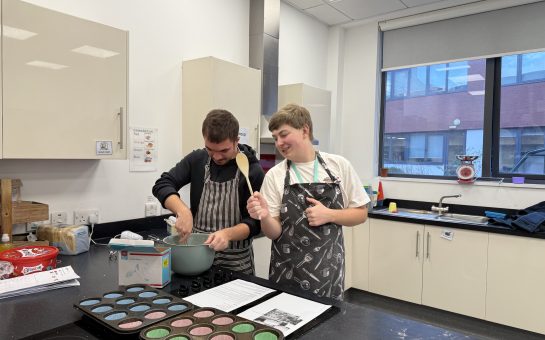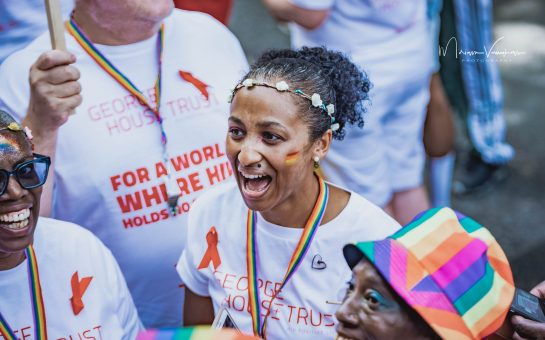Ethnic sexual health patients in Manchester are dangerously ‘threatened’ by benefit cuts, the Chief of the Black Health Agency said in a speech this week.
Evelyn Asante-Mensah, Interim Chief Executive, said that austerity cuts are increasing health problems of some patients suffering from HIV and other long term illnesses in Manchester’s black and ethnic communities.
The Black Health Agency helps combat deficiencies in sexual health treatment and education in some of the North West’s most disadvantaged communities.
In a speech to the Manchester Voluntary Sector Assembly on September 17, Ms Asante-Mensah said the organisation recently had to increase the support for vulnerable patients:
“Our HIV support service for African people didn’t need to provide food parcels three years ago,” she said.
“Now it’s 12 to 15 a week in Manchester and Leeds for families and individuals who literally have no money but whose health is under real threat if they cannot eat properly.”
Nik Barstow, Co-Director of Engagements at BHA, said that the problems patients are confronted with are ‘extremely serious’.
“The conference was a chance for everyone working in the sector to try and look for some solutions,” he said.
BHA has helped many patients as they struggle to maintain a basic standard of living. Mr Barstow said that they have been liaising with the charity Trussel Trust to help provide increased support for their patients, struggling to cope with the austerity cuts.
One of their services users said: “For the last two years, we have been depending on food parcels that we collect weekly from BHA. This has been helpful for my family as I had started giving children unhealthy food.
“I couldn’t afford fresh food as it is expensive. My husband and I need to eat well to adhere to HIV medication.”
As part of new government measures, the BHA have had to shut centres in Manchester and Warrington which helped provide welfare care and treatment. However, Mr Barstow reassured users that changes to their service would not have an impact on their ability to help sexual health patients.
“Like most of the voluntary sector we have had cuts but the bulk of our HIV protection continues,” he said.
Entitled, ‘Bear Witness’, Ms Asante-Mensah’s speech referenced negativity that HIV sufferers faced when the BHA was initially set up in 1990.
“I’m not sure if any of you remember media stories about HIV originating from Africa, or Africans eating the brains and having sex with monkeys,” she said.
The BHA is now the UK’s leading Black Minority and Ethnic health sector agency, with a turnover of £1.7million and over 70 staff across the North. However, Ms Asante-Mensah said they need to look back to their origins as they tackle the current problems.
“For us now we need to work together as a sector – and with colleagues in health and care who want to bear witness – to ‘go back to where we started’ raising awareness, building within communities and making sure that the voices of people who are marginalised and excluded are heard,” she said.
Image courtesy of Gino Mempin via Flickr with thanks.
For more on this story and many others, follow Mancunian Matters on Twitter and Facebook.



